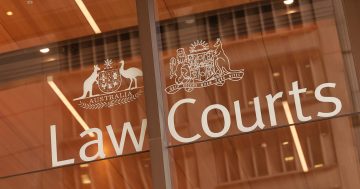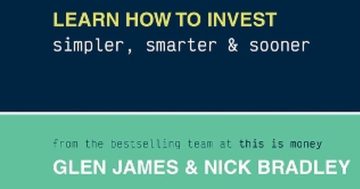Mark Story* says that when it comes to choosing the right financial adviser, it’s essential to look beyond the housekeeping stuff.
 Just when you thought it couldn’t get worse, Investment Trends’ latest Financial Advice Report (2018) reveals that after the Banking Royal Commission, trust in financial advisers has nosedived to new lows.
Just when you thought it couldn’t get worse, Investment Trends’ latest Financial Advice Report (2018) reveals that after the Banking Royal Commission, trust in financial advisers has nosedived to new lows.
In the past 12 months — on a scale of zero to 10 — trust in financial advisers fell from 5.1 to 4.8.
Equally damning, the willingness of these same Australians (who rated advisers) to recommend their financial planner fell into negative territory.
Investment Trends results make a mockery of the Future of Financial Advice (FoFA) reforms that promised to improve the quality of underlying advice.
Damning findings from the Royal Commission aside, King Loong Choi of Investment Trends suspects the reluctance by Australians to hire advisers is due to either a perception of high fees or not having sufficient wealth to bother doing so.
What advisers struggle to demonstrate, Mr Choi adds, is the value of advice to potential clients in the context of their time and money.
“Potential clients must be convinced they need financial advice now, not later in life, and that the fees justify the service,” Mr Choi says.
More meaningful questions
When it come to properly pressure-testing advisers, Michael Roberts of Bailey Roberts Group recommends looking beyond the housekeeping stuff.
While it’s relatively easy for advisers to fudge ticks in all the right boxes, like professional experience, qualifications, industry memberships and how they get paid, he says a more vital layer of questions invariably goes unanswered.
The questions Mr Roberts is alluding to are around the probity of an adviser’s relationships with other third parties — especially product providers — plus the right disclosure into the types of financial products they recommend.
That’s especially important, he adds, given the growing popularity of highly complex financial products.
“Mediocre advice makes for potentially conflicted, high-priced and biased advice, especially if it unduly influences clients to buy particular products,” Mr Roberts warns.
While taking a caveat emptor (aka buyer beware) approach may be OK when buying goods online, he says the onus is always on advisers to provide sufficient detail into:
- How complex investment vehicles work.
- The associated risks.
- Potential for loss within certain markets.
- Where they stand if the security (à la financial instruments like stocks or bonds) goes bust.
If you’re one of the estimated 2.1 million Australians expected to entrust an adviser to look after your life savings over the next two years, Mr Roberts encourages you to do your homework before hiring.
“It’s up to every client to second-guess an adviser’s recommendations,” Mr Roberts says.
“The best way to do that is to take nothing for granted, read contracts before committing to anything, and if you don’t understand it, don’t sign it.”
Given that all major super funds offer advice services in-house, Industry Fund Services (IFS) technical, research and advice chief, Craig Sankey suggests first tapping into any advice you might be paying for in admin fees.
Second, Mr Sankey recommends availing yourself of a free consultation with two or three advisers.
If you’re looking for more holistic advice, he also suggests getting a list of local members of the Financial Planning Association, while referrals from friends may also be a good place to start.
You can also go on to the regulator’s (the Australian Securities and Investment Commission) register and check advisers have ticks in all the right compliance boxes.
“During the initial consultation, find out a) How advisers gets paid; b) Do they only push products from an approved list?; and c) How they’ll run the meeting and follow up with a suggested plan,” Mr Sankey says.
“Good advice isn’t solely about the numbers, and is more focused on the skill of an adviser to uncover what it is you want — if they can’t, move on.”
10 questions to ask advisers
- How extensive is your experience and what’s your performance track record?
- Which of the services I need does your firm provide and what’s outsourced?
- How can you ensure I receive the best quality service at reasonable costs?
- Who controls service delivery and who’s responsible if systems fail?
- What’s your fee structure and costs associated with services?
- How independent are you, and who else influences your advice?
- What kind of financial licence do you have, and what restrictions is it subject to?
- Explain how you choose investments to meet my financial objectives?
- How often are my investment needs reviewed?
- Is my portfolio actively or passively managed, and why?
* Mark Story is a financial journalist in Perth.
This article first appeared at thenewdaily.com.au.











